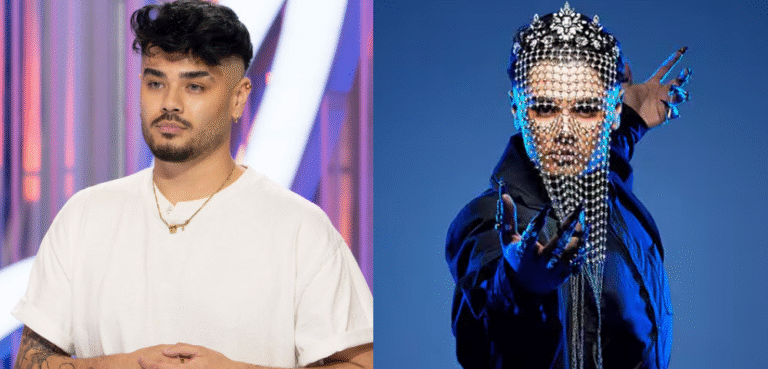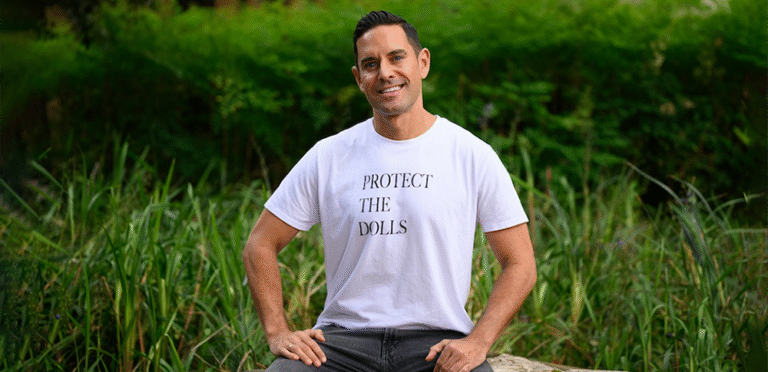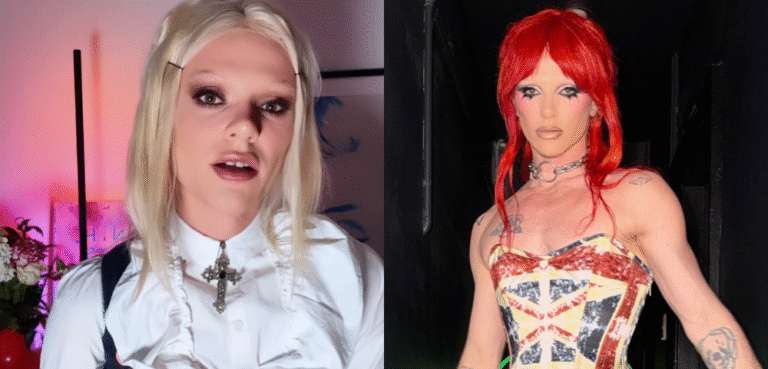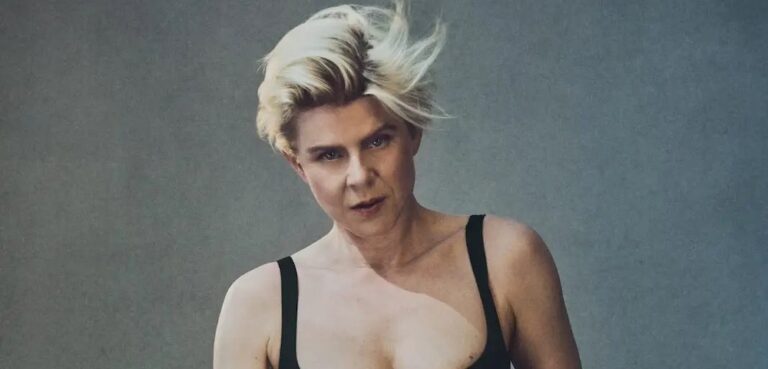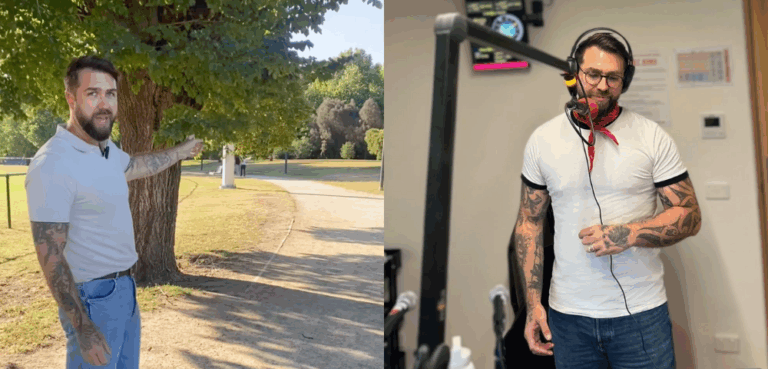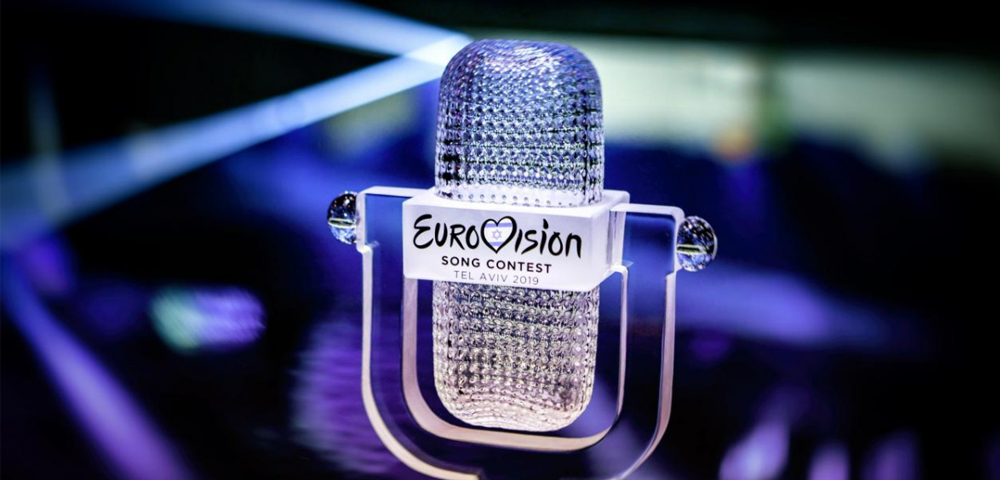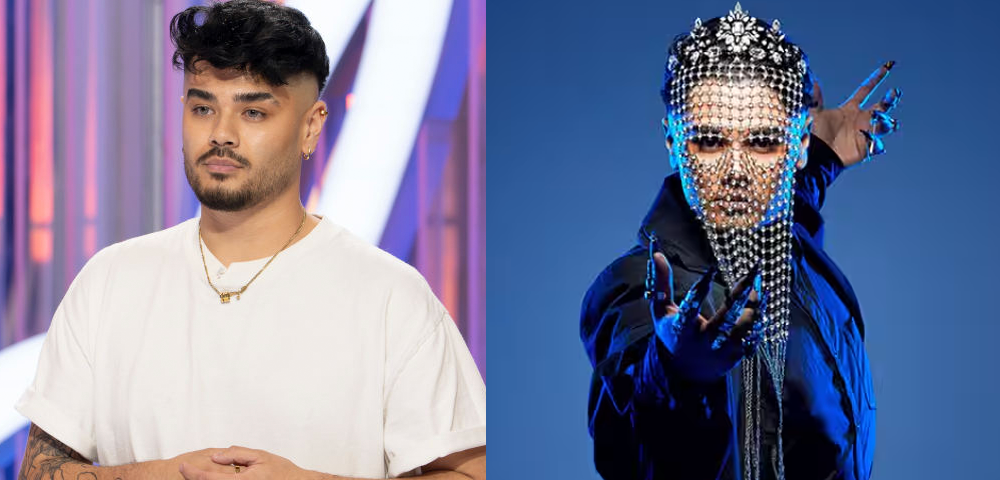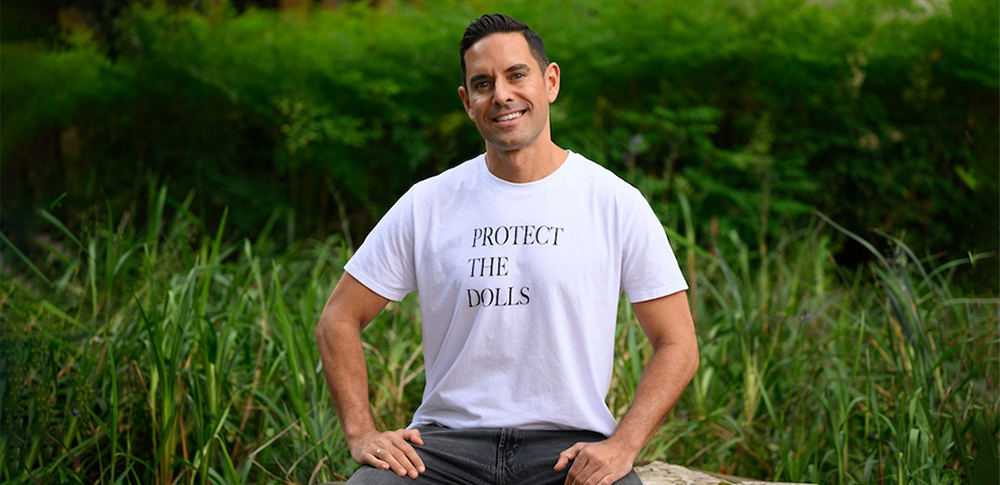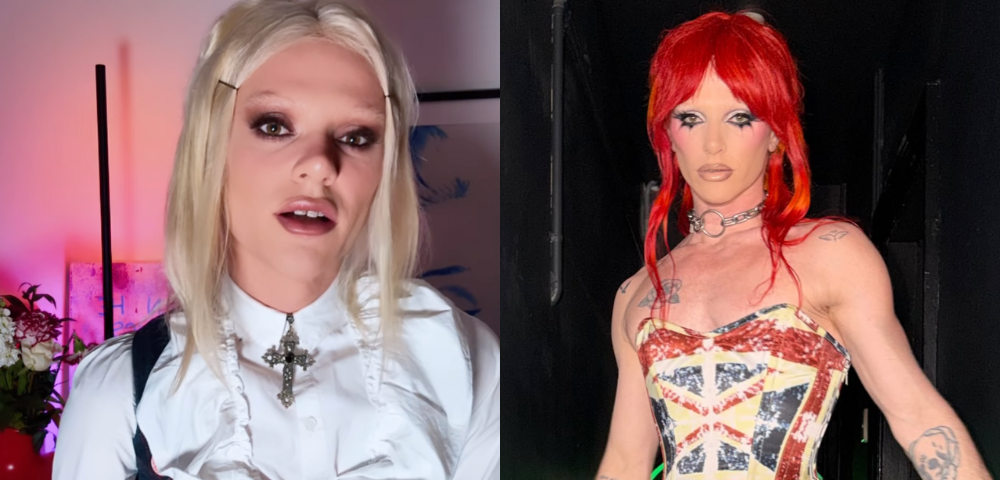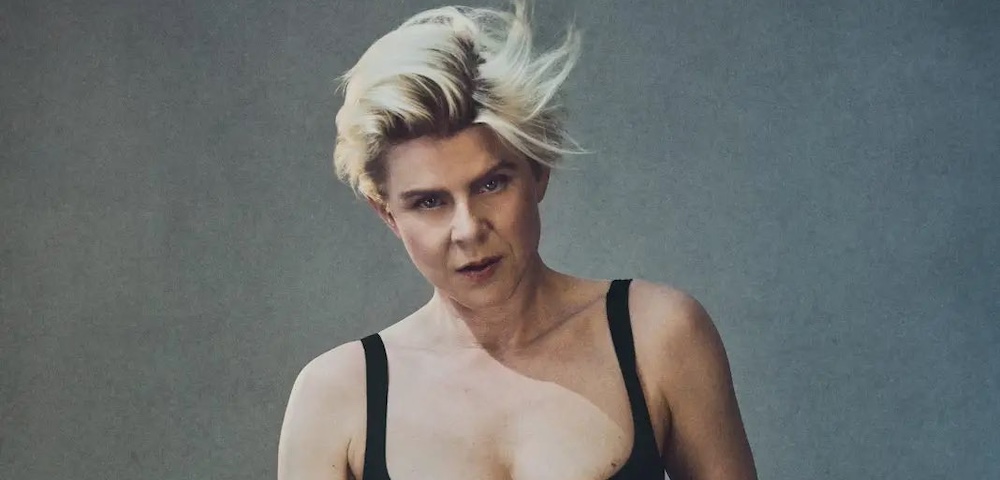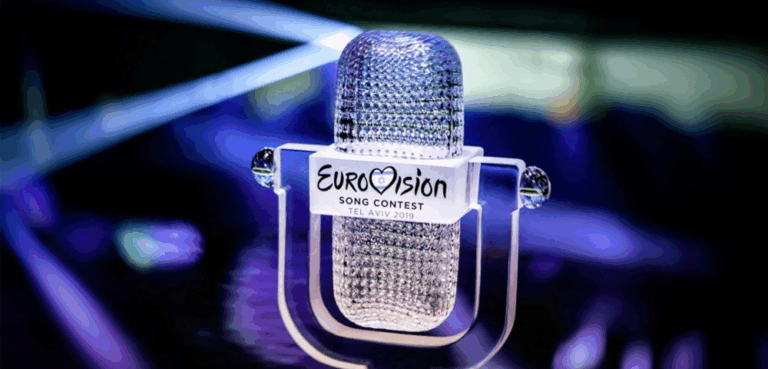
Germany drops 2016 Eurovision contestant following claims of homophobia and racism
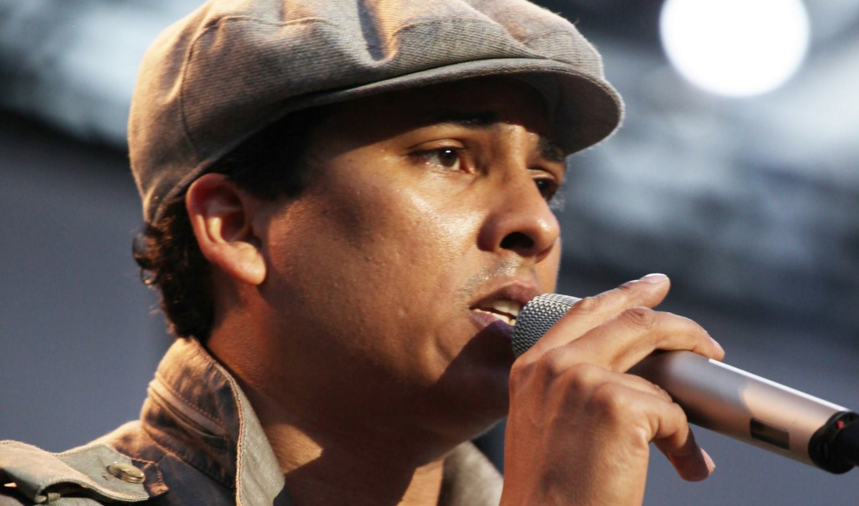
XAVIER Naidoo‘s role as Germany’s contestant for the 2016 Eurovision Song Contest couldn’t even last a fortnight as the artist was dropped following allegations of homophobia and racism.
Last week radio station Norddeutscher Rundfunk revealed that Naidoo would represent Germany at Eurovision next year in Stockholm, Sweden.
A major star, the news of Naidoo’s role representing a nation that has failed to come anywhere near replicating the success of 2010’s winner Lena was met with immediate backlash.
When some of the artist’s previous music and political affiliations came to light, Naidoo was criticised for lyrics and beliefs that many saw as homophobic and anti-Semitic.
In 2012, Naidoo teamed up with rapper Kool Savas to record a hidden album track Wo Sing with lyrics that appear to equate homosexuals with paedophiles.
Naidoo spoke at a “Storming of the Reichstag” protest in Berlin in 2014, organised by Reichsbürger — an extremist group that espouses views of anti-immigration, anti-Semitism, and call for a restoration of German borders pre-World War II.
In a statement published on Eurovision’s website, a spokesperson said the controversy over the singer’s choice had come as a surprise.
“Xavier Naidoo is a brilliant singer who is, according to my own opinion, neither racist nor homophobe,” Thomas Schreiber said.
“It was clear that his nomination would polarise opinions, but we were surprised about the negative response.
“The Eurovision Song Contest is a fun event, in which music and the understanding between European people should be the focus.
“This characteristic must be kept at all costs. The ongoing discussion about Naidoo could harm the image of the Eurovision Song Contest.
“This is why Naidoo will not represent Germany. We will quickly decide now, how the German entry for the 2016 Eurovision Song Contest will be found.”
Naidoo was announced as Germany’s contestant by broadcaster ARD without any public involvement — a marked departure from previous years.
The move may come as a result of the dramas following this year’s contestant, Ann Sophie, who came to the role controversially: the original artist chosen by the public refused to compete, and secondly, she failed to score any points at this year’s contest.
In the lead up to this year’s contest in Vienna, the eventual winner Måns Zelmerlöw faced criticism and accusations of homophobia following comments he made in 2014, where he referred to homosexuality as an “abnormality” and men sleeping together as not being “equally normal”.
Zelmerlöw has since apologised for this remarks and turned his attention towards working with and helping Swedish LGBTI groups.
The Eurovision Song Contest 2016 will be held May 10-14 in Stockholm and will see the eagerly anticipated return of Australia, who placed fifth in Vienna with Guy Sebastian.
